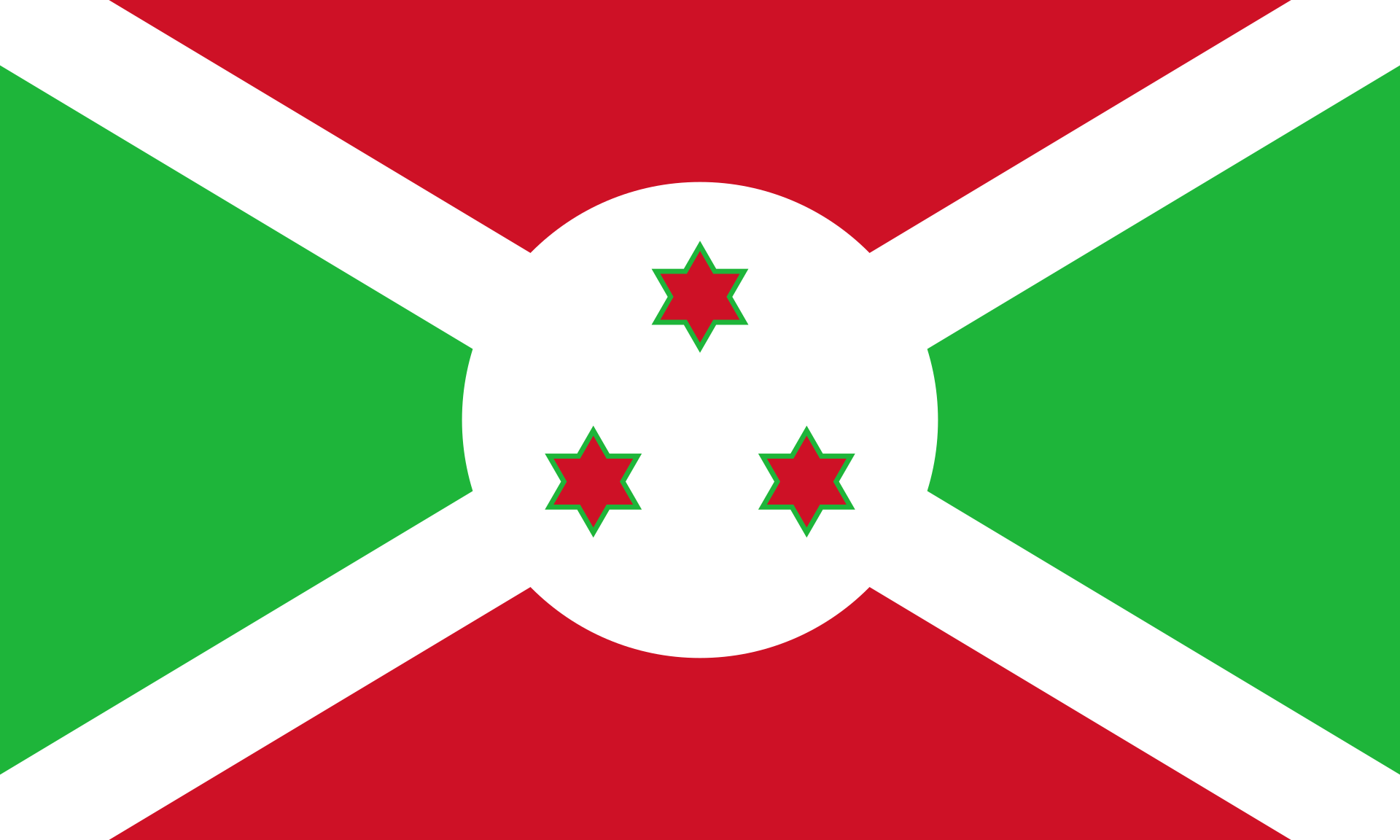BUJUMBURA, Jan. 2 (Xinhua) -- Burundian Public Health and AIDS Control Minister Sylvie Nzeyimana on Sunday evening declared an outbreak of cholera in the east African country's commercial capital Bujumbura, she said here in a press release.
"Nine suspected cholera cases were identified on Dec. 30, 2022 in the northern health district in the commercial capital Bujumbura with symptoms of diarrhea and vomiting, mainly in Bukirasazi neighborhood in Kinama zone. The next day, two other suspected cases were identified in Mutakura neighborhood, close to Bukirasazi," said Nzeyimana in the statement.
According to her, another suspected case was notified in Buyenzi, near the Bujumbura city center and the latter had been in contact with one of the suspected cases located in the north of Bujumbura.
"Results of the National Public Health Institute (INSP) issued on Dec. 31, 2022 have confirmed that it was cholera. Today, we take this opportunity to announce that five cholera patients are hospitalized at Prince Regent Charles Hospital while seven others have already been discharged from hospital," said Nzeyimana.
Nzeyimana said that some preventive measures have already been taken. According to her, they include disinfecting infected households, sensitizing the community on the risks of the epidemic propagation and behavior to be adopted, and the search for other cholera cases in the community.
The cholera outbreak happens at a time when heavy rains hit several parts of Bujumbura and its surroundings from Dec. 26 to Dec. 31, causing overflows of toilets.
The Burundian health ministry has also banned the sale of cooked and raw food products on the streets in Bujumbura following the disease outbreak. - Xinhua






